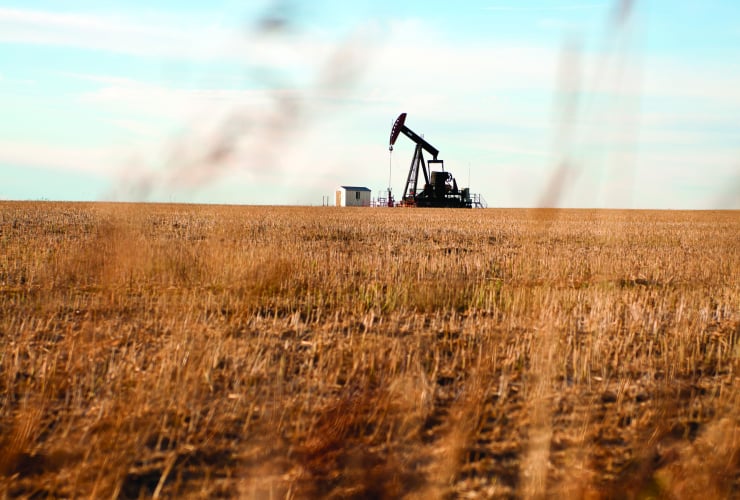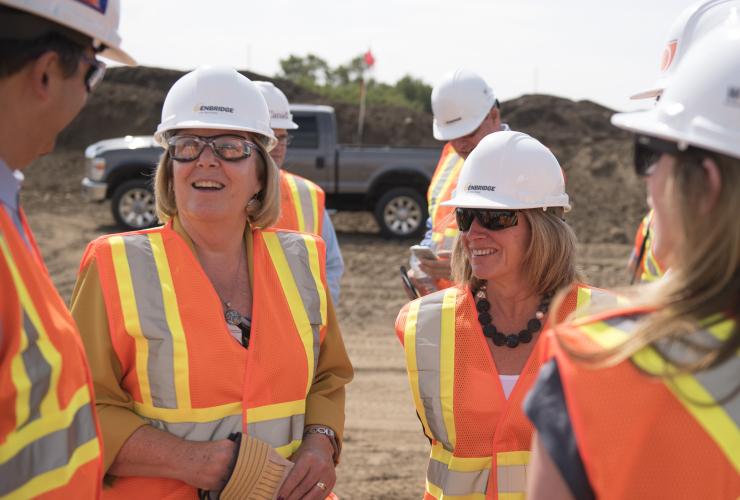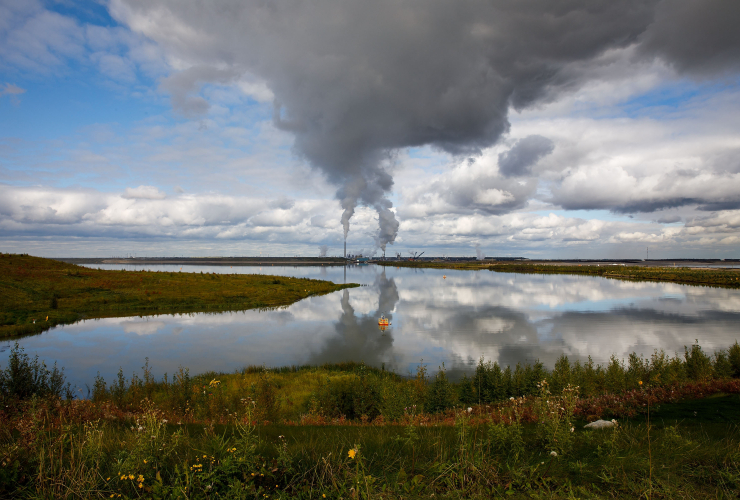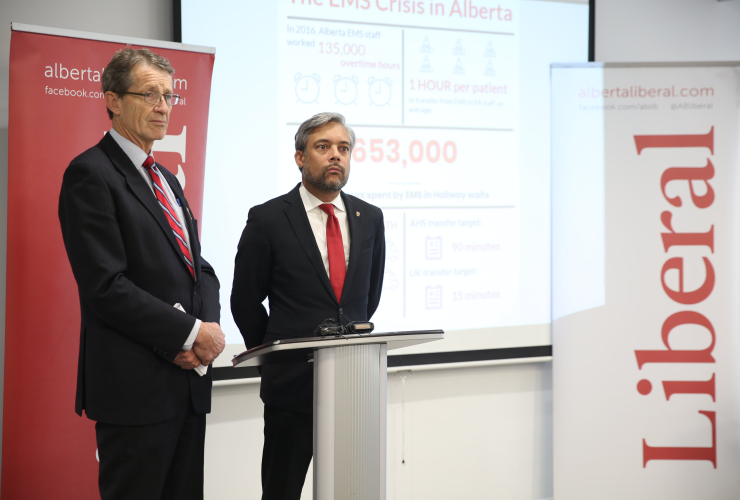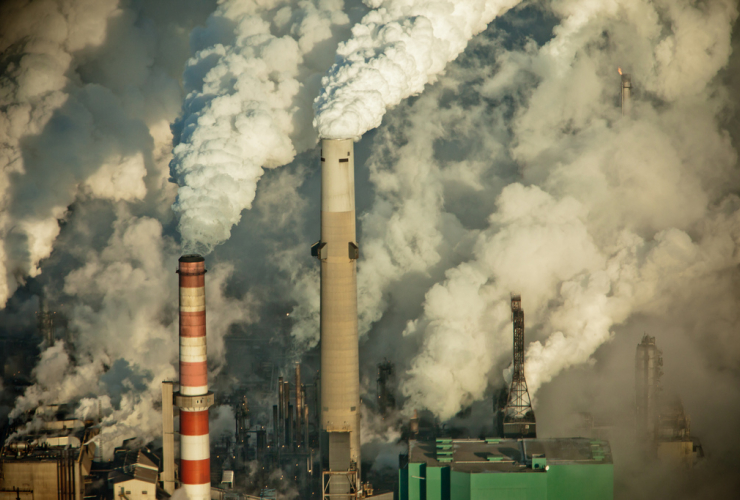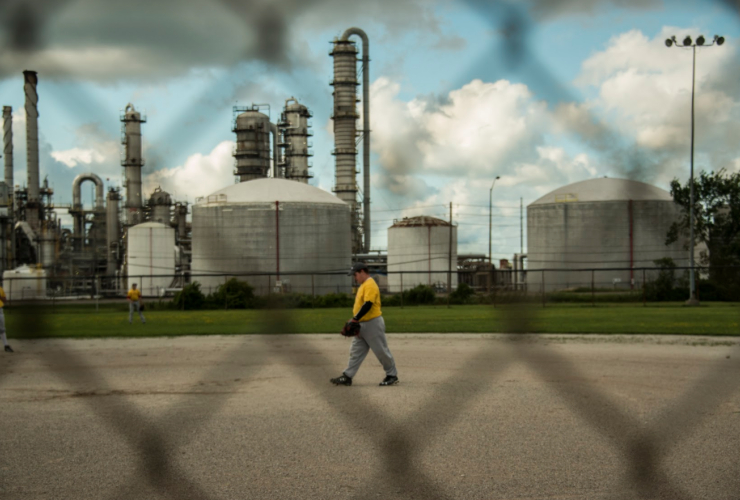Emma McIntosh
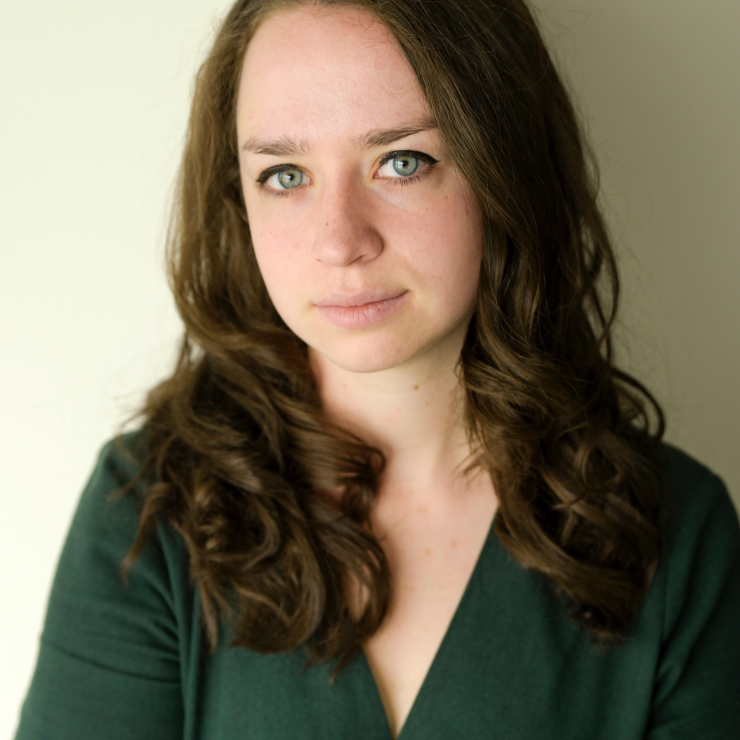
Reporter | Toronto |
English
About Emma McIntosh
Emma McIntosh has covered environment, energy and national news. She covered misinformation and disinformation in the 2019 federal election. She has reported for StarMetro Calgary, the Toronto Star and the Calgary Herald as well as Canada's National Observer. A former Seattle-ite and dual citizen of the U.S. and Canada, Emma graduated from Ryerson University's undergraduate journalism program in 2018.
She has focused on investigative journalism since 2017. Emma also covered the Alberta provincial election in April 2019. Projects she's worked on have been shortlisted for multiple national awards, including a National Newspaper Award, the Canadian Hillman Prize and CJF Jackman Award for Excellence.
Fact checking Kenney and Trudeau's comments about carbon taxes and wildfires
On Friday, Alberta Premier Jason Kenney said the causes of wildfires are "complex" and carbon taxes won't stop them. On Tuesday, Prime Minister Justin Trudeau said the wildfires and other extreme weather show why governments need to act on pricing pollution and taking other measures. Who's right?
It could take 2,800 years to clean up Alberta’s oilpatch
The burden of returning the land to a natural state could fall to the next 93 generations. The estimates were outlined by an Alberta Energy Regulator official in a September 2018 presentation, obtained through freedom-of-information.
Where's Zuck?
Lawmakers from 12 countries grilled Facebook officials in Ottawa after top executives Mark Zuckerberg and Sheryl Sandberg ignored a subpoena to come before a committee of 12 countries on Tuesday.
How Alberta kept Fort McKay First Nation in the dark about a toxic cloud from the oilsands
The Fort McKay First Nation was initially kept in the dark about a toxic cloud from the oilsands that struck their community after companies restarted operations that had been temporarily disrupted by the Fort McMurray wildfires. Internal records show that the incident occurred after industry pressured the provincial regulator to rapidly restart their operations despite risks to public health.
Alberta government is ‘cracking down’ on oil sector, energy minister says
In an interview, Energy Minister Marg McCuaig-Boyd declined to comment on the tailings issue. However, she did blame the looming costs of cleaning up the oilpatch on the previous conservative government. She has directed the provincial regulator to tighten its rules in key areas to “keep bad actors off the landscape” and ensure “responsible companies are protected."
They have no idea how to clean up the oilsands
What is clear is that the technique is unproven, and by conditionally approving industry plans that include it, Alberta officials are signaling they still have no idea how they’re going to clean up the waste of the oilpatch.
'Silent financial tsunami'
There's no need for an emergency debate on the looming, multibillion-dollar cost of cleaning up Alberta’s oilpatch, the governing New Democrats and official Opposition United Conservatives told the provincial legislature Tuesday. They took this position in response to a request from the legislature's lone Liberal member who suggested the matter required an urgent debate.
Alberta regulator apologizes for spooking public with $260-billion cleanup cost estimate
The Alberta Energy Regulator is apologizing for a “staggering” presentation, made last February by one of its highest-ranking officials, warning the province’s oilpatch that it could be sitting on an estimated $260 billion in financial liabilities.
Alberta oilpatch liabilities estimated at $260 billion
The staggering estimate of $260 billion in financial liabilities for the oil and gas industry’s graveyard of spent facilities were spelled out by a high-ranking official of the Alberta Energy Regulator (AER) in a February presentation to a private audience in Calgary.
Chemical Valley’s public air monitoring website “misleading,” say critics
Residents have long pushed for access to real-time air quality information. But some say the newly-public data doesn’t actually tell residents when the air they’re breathing could be unsafe.


